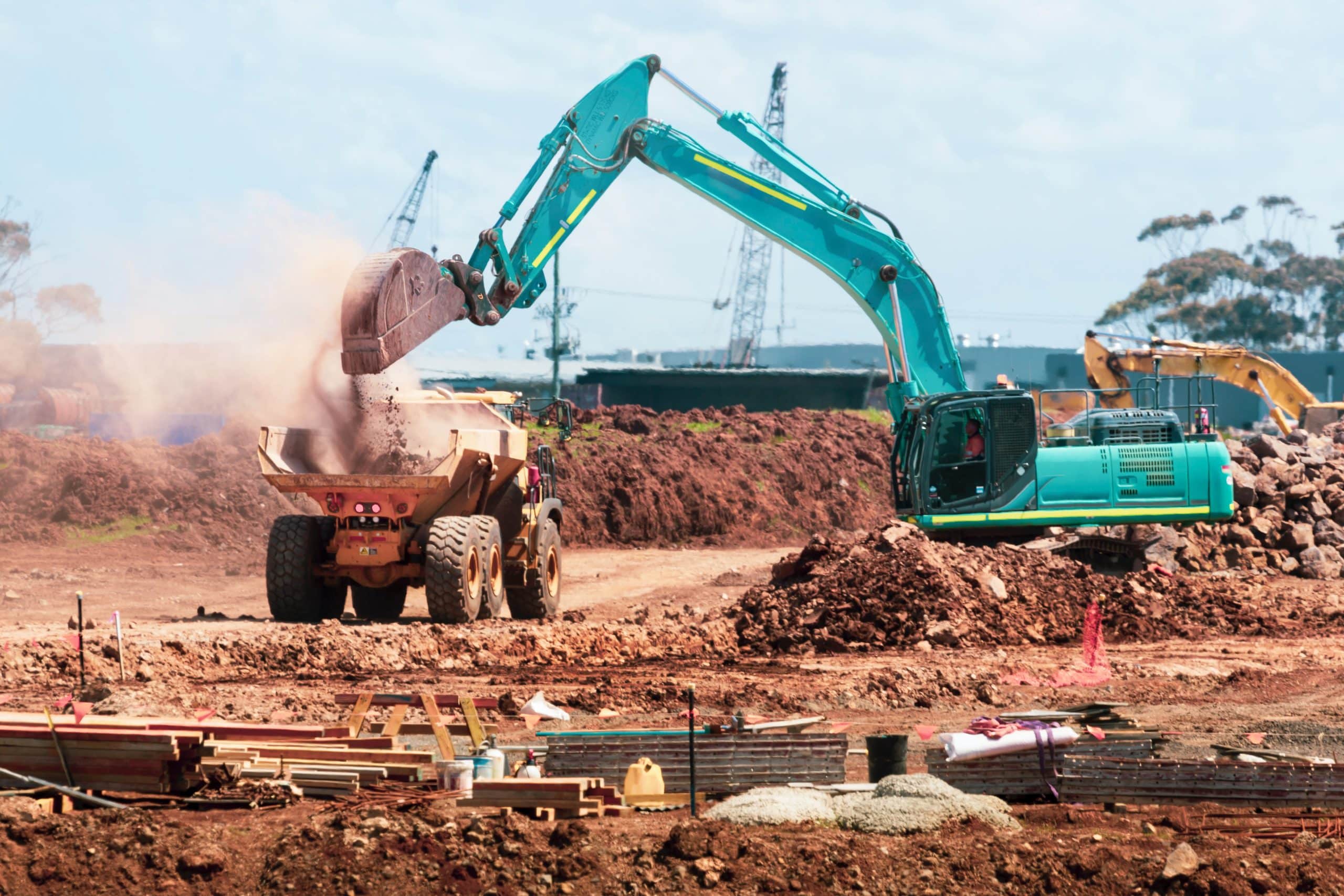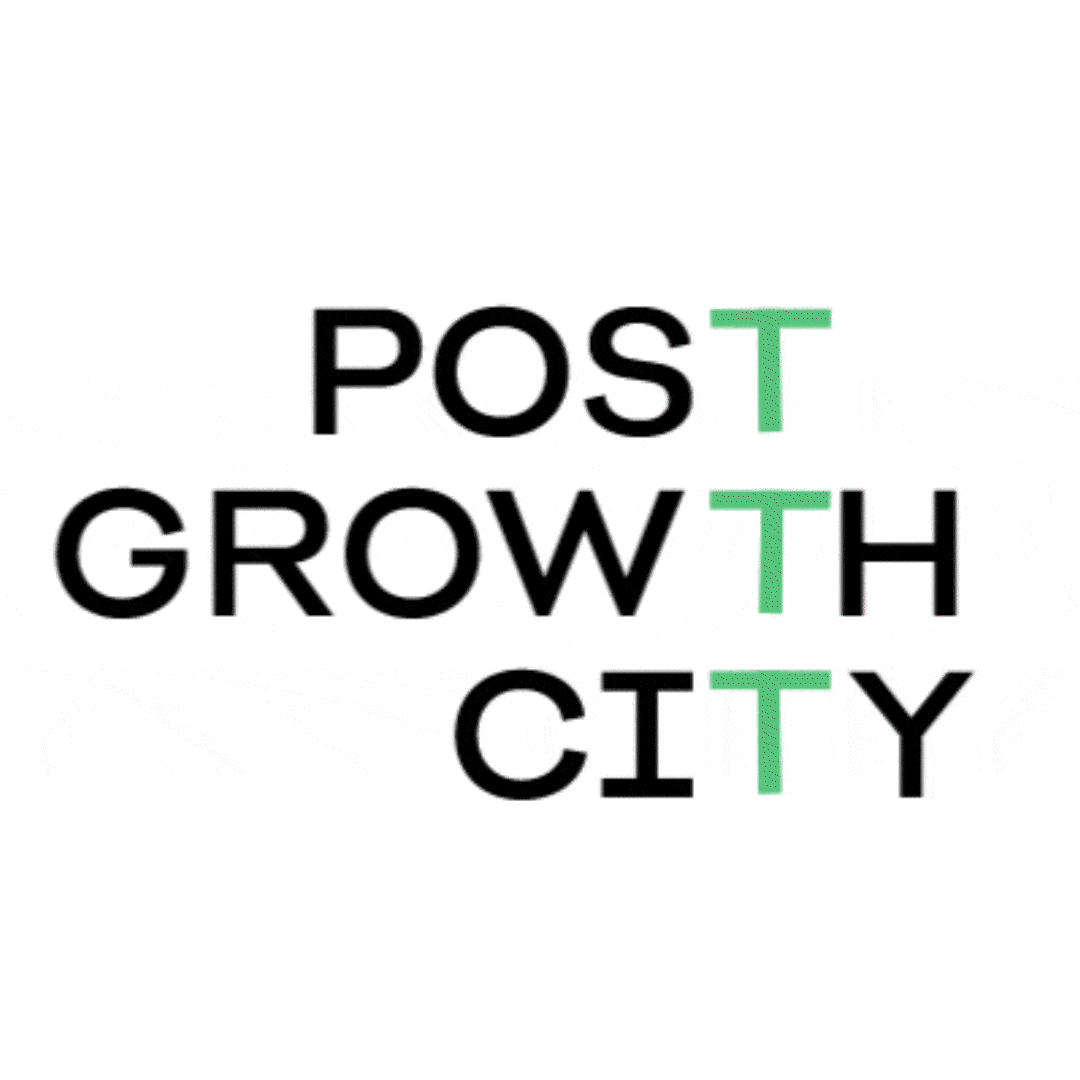Post-Growth City
A one-week studio for urban professionals and master students, exploring alternative models for a sustainable and just city past the growth imperative. Taking place between 14 and 18 November 2022. Participations fee: 200 euro. Organised with with BURA urbanism.

The participation fee for this studio is 200 euro. For questions please contact info@schoolforthecity.nl
Spatial development and urban planning have throughout the past decades become largely driven by a focus on economic growth. As already put forward by the Club of Rome in their well-known report 'The Limits to Growth' in 1972, this focus on growth lays a huge claim on the available land, the earth’s raw materials, and the production of energy - pushing the planet out of balance. The effects are also undeniable in our cities and spatial planning practice: the shortage of housing and the ever-rising house prices, speculation with land and real estate, the impact of urban development on our climate, the depletion of natural resources for building materials, and the subsequent pollution and spatial segregation are just some of the examples. Due to the financial-legal system that underlies the current land policy, spatial planning and economic growth can hardly be separated from each other. For example: municipalities in the Netherlands are often depending on the revenues of area development, to maintain and invest in their public services like infrastructure and library’s. At the same time our tax system makes it more attractive to build a new building, than to reuse or transform an existing one.
This one-week studio starts from the premise that we can only work towards a sustainable and just city if economic growth is no longer the starting point, and that we must move towards a different way of organizing our cities. We need a new urban paradigm, that respects our planetary boundaries and that is based on stabilization, degrowth or a completely different definition of growth (such as increase of well-being). Within this studio we aim to come up with alternative models for an urban development that is not aimed at economic growth, but which considers a better balance between people, animals and nature. A model that focuses on a habitable and just living environment, on the sustainable use of food, water, energy, and materials, and on meaningful work for as many people as possible. Such a new paradigm or model requires a major economic, social, and cultural turnaround. First we will investigate how the current growth orientated economy and related city development is organized as a system, and where it came from. What are the visible and invisible instruments and principles of the current, growth oriented, urban planning? Afterwards we will discuss what impact a post-growth economy could have on the way that we plan and develop our cities and villages, and what is needed to make a radical change. And what models and inspiring case studies already exist as an alternative to the current growth-centered model?
Tutors
Marco Broekman
Marco Broekman is an architect and urban designer with over 20 years of experience with complex projects in the fields of urban design, research by design, architecture and landscape architecture at home and abroad. In 2014 Marco started his own office ‘marco.broekman’ which evolved in BURA urbanism in 2020. The office provides solutions for the sustainable development and transformation of the urban landscape, through focused urban design strategies, innovative research and architectural interventions. BURA adopts an exploratory and cooperative design approach in bringing together parties and supervising spatial processes from idea to implementation. Marco is a guest tutor at the Academy of Architecture in Amsterdam, and was teaching at the Academy of Architecture in Rotterdam, Maastricht, the RMIT University in Melbourne and the University of Lund. He was a researcher at the research group Future Urban Regions. He appears regularly as a visiting critic, has written articles for various periodicals, and lectures frequently at home and abroad. Marco is part of the Quality team of the Southern Inner City of Arnhem.
Mike Emmerik
Mike Emmerik is Director of the Independent School for the City and partner at Crimson Historians & Urbanists. He was trained as an urban designer at the Delft University of Technology and subsequently worked in the Faculty of Architecture as a teacher and researcher within the Chair of Design as Politics. Mike took part in various research and design projects at the intersection of urban development and policymaking and is affiliated with the Dutch Board of Government advisors from which he advises the national government and local authorities on issues related to urbanisation and mobility.
Michelle Provoost
Michelle Provoost is part of the Dean Team of the Independent School for the City, co-founder of Crimson Historians and Urbanist, and director of the International New Town Institute. As an architectural historian she is specialised in urban planning history, postwar architecture and contemporary urban development. Michelle has taught at various universities in the Netherlands and abroad and continues to be in great demand as a public speaker. She lectures regularly throughout Europe, Asia, Africa and the United States, and has been involved in many municipal, national and private committees and juries.
Jordy Stamps
Jordy Stamps is an urban geographer and urban designer. He studied at Utrecht University (NL) and NHTV (NL) and has been working at BURA since January 2017. There he works on projects in the field of research, strategy and urban development plans. From his start, Jordy has been involved in the urban development plan for the new Merwede urban district in Utrecht; a green, car-free city district with amenities within easy reach.
Wouter Vanstiphout
Wouter Vanstiphout is an architectural historian and researcher who has written extensively on urbanism and spatial politics. He is part of the Dean Team of Independent School for the City and co-founder of Crimson Historians & Urbanists. From 2008 to 2020 he held the Design & Politics chair at the Technical University in Delft, with which he explored, researched and defined the boundaries, commonalities and tensions between the fields of politics and design. As a practitioner he has directed the renewal of the Dutch industrial satellite town of Rotterdam: Hoogvliet and advises municipalities, the national government, housing corporations and project developers on matters relating to urban renewal, cultural heritage and spatial and urban politics. From 2012 to 2016, he was a member of the national advisory council on the environment and infrastructure (RLI).
Course Schedule
Monday 14 November 2022
10:00 – 10:30 Welcome by Mike Emmerik
10:30 – 11:15 Presentation Post-Growth City by Marco Broekman on Post-Growth
11:30 – 12:15 Lecture on De-Growth by Federico Savini (UvA)
12:30 – 13:30 Lunch Break
13:30 – 14:30 Making groups, brainstorm about themes and focus.
14:30 – 17:00 Development of first ideas
Tuesday 15 November 2022
10:00 – 12:30 Participants work on assignment
12:30 – 13:30 Lunch Break
13:30 – 16:00 Participants work on assignment
16:00 – 18:00 Presentation and conversation on progress
18:00 – 19:00 Diner Break
19:00 – 20:30 Public Lecture (to be announced)
Wednesday 16 November 2022
10:00 – 12:30 Participants work on assignment
12:30 – 13:30 Lunch Break
13:30 – 15:00 Participants work on assignment
15:00 – 18:00 Field trip
Thursday 17 November 2022
10:00 – 12:30 Participants work on assignment
12:30 – 13:30 Lunch Break
13:30 – 15:00 Tutoring per group
15:00 – 18:00 Prepare for final presentations
Friday 18 November 2022
10:00 – 15:00 Prepare for final presentations
15:00 – 16:00 Public presentations of final output
16:00 – 17:00 Public conversation with experts
17:00 Drinks
This studio is part of the Post-Growth research project by BURA urbanism, Crimson Historians & Urbanists and Independent School for the City. In this project we examine the forces that drive Growth in our Cities, explore he definition of good Growth and aim to find new inspiring examples of the Post-Growth City. Post-Growth City builds on existing research and articles regarding degrowth, by taking a closer look at the spatial & urban aspects. Within the current urban planning framework, the project examines the visible & invisible instruments of the underlying systems such as, land policies, tax systems, planning instruments, construction lobby and interweaving with the financial system. It aims to outline (new) building blocks and principles of the Post-Growth society and what effects this will have on our living environment. It looks for a new narrative that appeals to the imagination and can offer a real alternative to current ‘green growth’ models. The research by design thus aims to show what Post-Growth urban planning looks like; an alternative way to design our cities, with respect for our planet.
